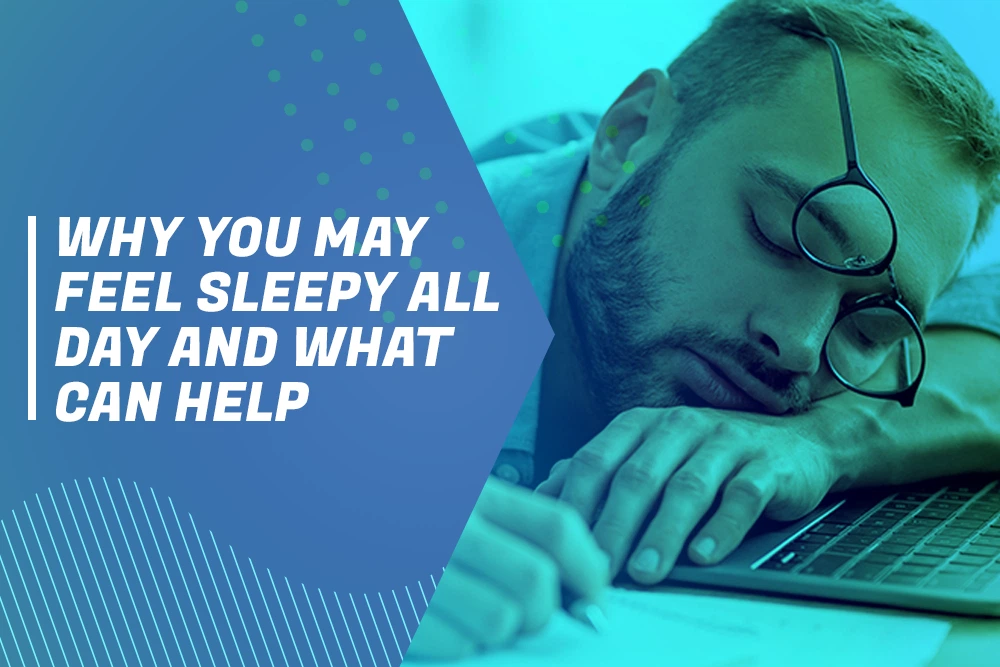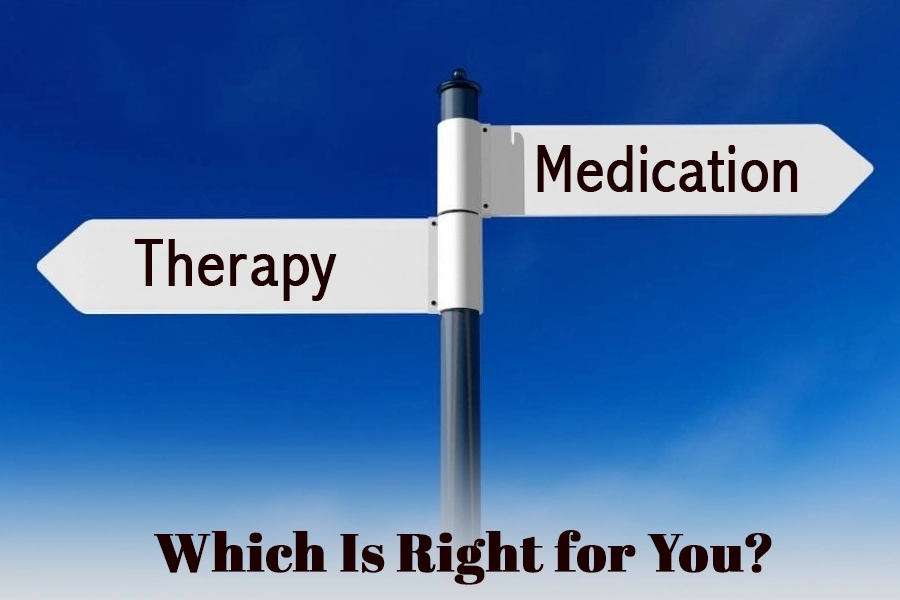Men of any age can have loss of erection during intercourse, which is a common concern. Losing an erection, if it happens rarely or becomes habitual, can be distressing and impact relationships, self-esteem, and overall quality of life. Practical solutions can be helped by knowing the causes, which can range from lifestyle choices and physical health to psychological factors.
Psychological causes: stress, anxiety, or depression
Sexual performance is significantly influenced by mental wellness. Some of the most common psychological factors behind erectile dysfunction (ED) are stress, anxiety, and depression. Work, finance, or relationship issues can all lead to stress, releasing the hormone cortisol. Due to blood vessel constriction caused by this hormone, erections are more difficult to achieve or sustain. A negative cycle of worry and doubt precipitated by anxiety, especially performance anxiety, may also further impair sexual arousal. Depression, apart from reducing libido, may render it physically impossible to get or sustain an erection, even in relaxed circumstances. Relationship issues, guilt, and low self-esteem can all exacerbate ED. Open discussion with your partner and therapy can work very effectively if emotional issues are the culprit.
Physical health conditions that affect blood flow
Optimal blood flow to the penis is necessary for a healthy erection. Several physical conditions can interfere with this process:
Vascular diseases: Conditions that reduce blood flow, including peripheral artery disease (PAD), high blood pressure, and atherosclerosis (arterial clogging), make it hard to obtain or maintain an erection.
- Diabetes: High blood sugar levels can damage nerves and blood vessels, both of which play a key role in erectile function.
- Obesity and metabolic syndrome: Excess weight increases the risk of vascular disease and decreases testosterone levels.
- Hormonal problems: Low testosterone or thyroid problems can impair libido and cause problems getting an erection.
- Neurological illnesses: Nerve impulses needed for arousal may be affected by illness like multiple sclerosis or spinal cord damage.
Improvement in the long run depends on the management of these underlying medical conditions with medication and changes in lifestyle.
Lifestyle factors: smoking, alcohol, sleep, and diet
Your sexual well-being is greatly affected by your day-to-day routine:
Smoking: Smoking decreases testosterone, wrecks blood vessels, and reduces circulation—all of which contribute to erectile dysfunction.
- Alcohol: Excessive drinking produces hormone imbalances and nerve damage, which both make it harder to get or maintain an erection.
- Sleep: Lack of sleep increases stress levels and decreases testosterone production, both of which can affect sexual performance.
- Exercise and diet: A lack of exercise plus a diet rich in saturated fats and lacking in nutrients increases the risk of obesity and vascular disease, two of the primary causes of ED.
Making these lifestyle factors better—quitting smoking, moderate drinking, regular sleep, and a healthy diet—can significantly enhance erectile performance.
Medications that may interfere with arousal
Many prescription and over-the-counter medications have ED as a common adverse effect. These consist of
- Antidepressants (tricyclics, SSRIs)
- Drugs for blood pressure (beta blockers, thiazides)
- Antihistamines
- Pain relievers, particularly opiates
- Hormonal drugs
- A few medications used in chemotherapy
Consult your doctor if you believe your medication is having a negative effect on your sexual activity. It may be dangerous to stop taking prescribed medication without consulting a physician first.
Quick fixes vs. long-term solutions
By enhancing the flow of blood to the penis, temporary measures like oral ED medication (like sildenafil and tadalafil) can provide immediate relief. But they do not address the causes, and they may fail if there is some real health or mental issue.
Addressing the causes is the primary aim of long-term solutions:
Addressing long-term medical issues (diabetes, high blood pressure, heart disease)
Altering one’s way of life (e.g., quitting smoking, improving eating and diet, exercising on a regular basis)
Treating psychological problems with therapy or counseling
Altering medications with the guidance of a doctor
As a technique for long term improvement, these methods together often yield optimal results.
When to seek medical or therapeutic help
Once in a while, losing an erection is normal. But you should seek professional help if
The problem persists (happens more than half the time).
It causes relational problems or distress.
You are at risk for diabetes, heart disease, and other chronic diseases.
You suspect a drug is the cause.
A healthcare professional can help determine the cause and recommend the most appropriate next step, which can include counseling, medical treatment, or a referral to a specialist.
In summary
Physical health conditions, way of life, psychological stress, or drug side effects can all lead to loss of erection during intercourse. While there are fast fixes available, treating the cause is usually required to improve in the long term. Don’t hesitate to seek medical or therapeutic help if the problem persists; there are viable solutions, and you’re not alone.









Leave a Reply